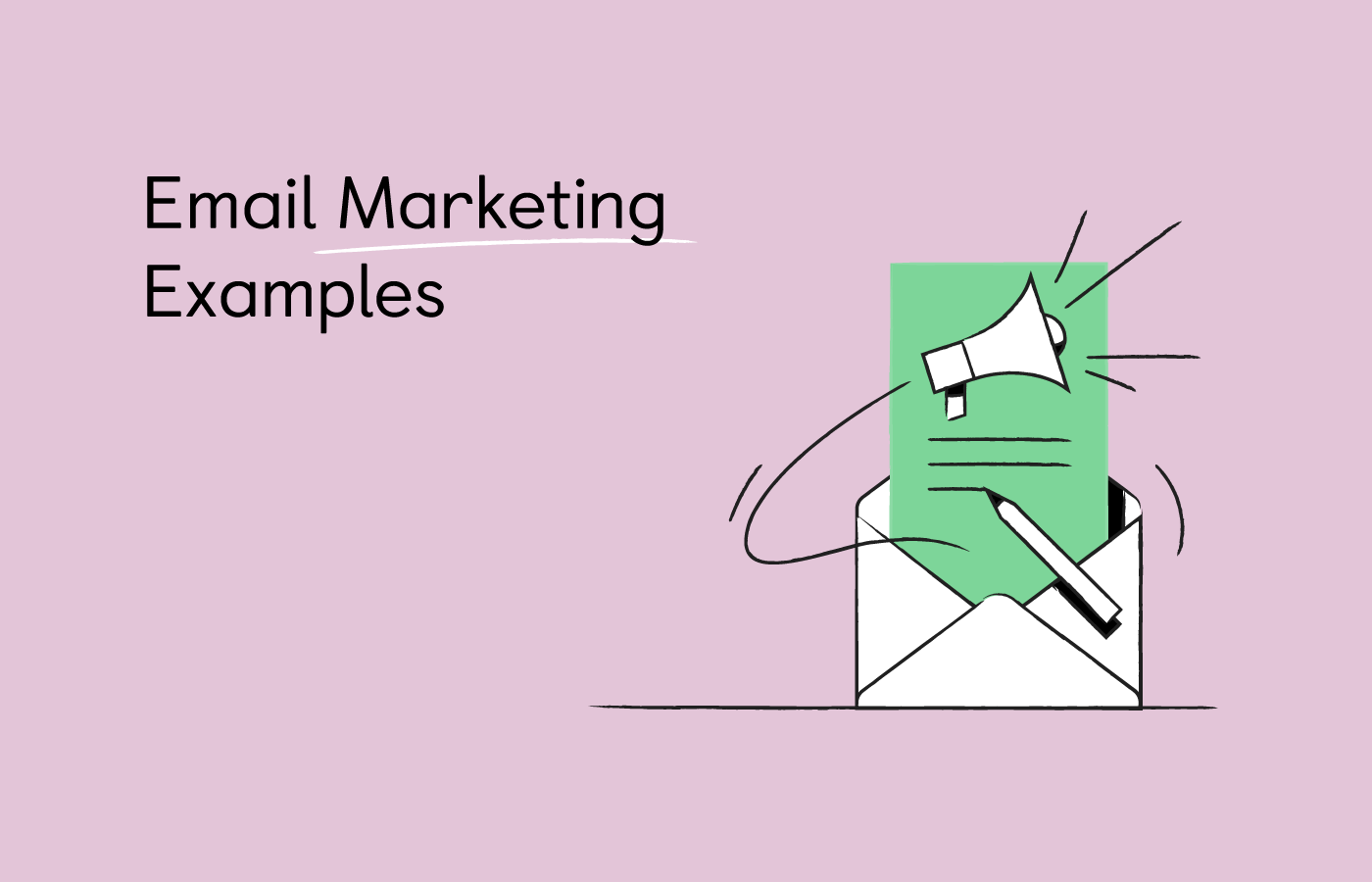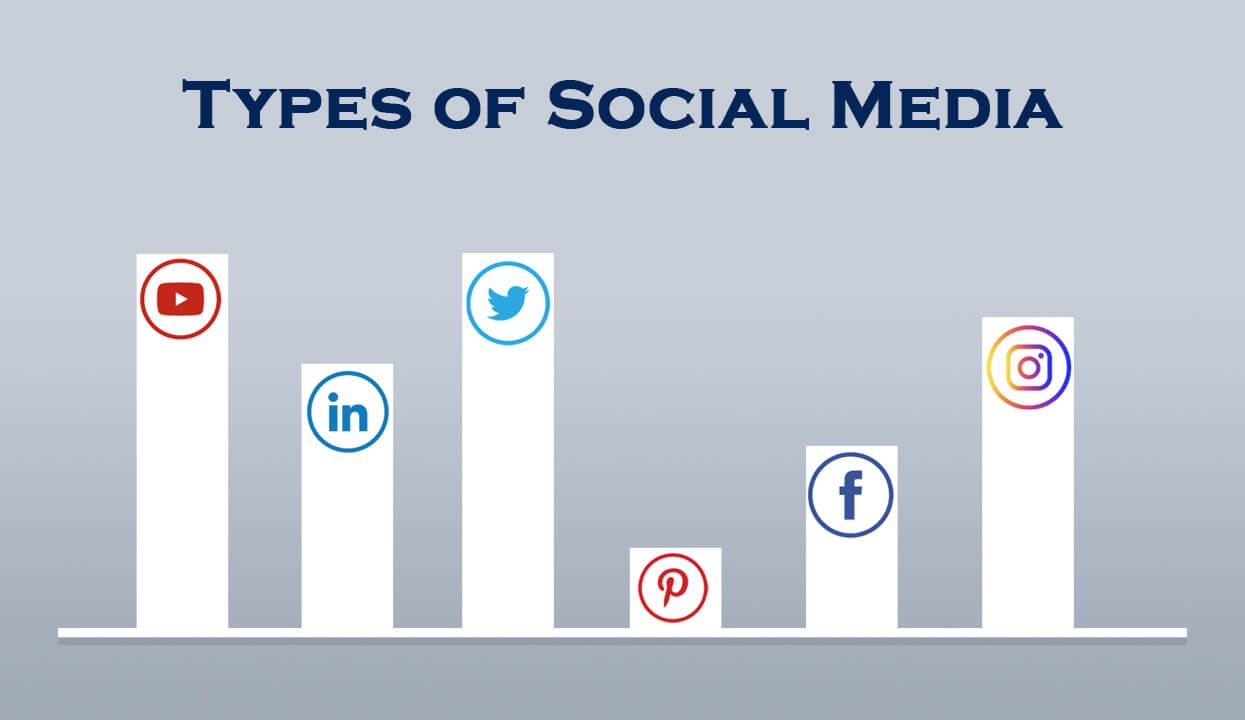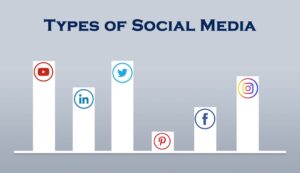The Power of Email Marketing Examples
- 24 February 2024
- by: Aniyya Nawab
- in: Social Media
- Tags: Advertising, examples, management tools, social marketing, social media, social networking
- note: no comments
Unlocking the Power of Email Marketing: Real-Life Examples of Successful Campaigns
In the ever-evolving landscape of digital marketing, email remains a stalwart tool for businesses seeking to engage with their audience, nurture leads, and drive conversions. With its unparalleled reach and effectiveness, email marketing continues to play a pivotal role in the success of businesses across industries. Let’s explore real-life examples of successful email marketing campaigns and how businesses have leveraged this powerful tool to connect with their audience across popular social media platforms like Facebook, Twitter, TikTok, YouTube, and Instagram.

1. Airbnb: Personalized Recommendations Airbnb, the online marketplace for lodging and travel experiences, excels at delivering personalized email recommendations to its users. By leveraging data on past searches, bookings, and preferences, Airbnb sends targeted emails featuring relevant listings and destinations tailored to each user’s interests. These personalized recommendations not only enhance the user experience but also increase the likelihood of bookings and conversions. Airbnb also integrates social media platforms like Facebook and Instagram into its email campaigns, encouraging users to share their travel experiences and inspire others to book their next adventure.
2. Sephora: Exclusive Offers and Rewards Sephora, the multinational chain of beauty stores, uses email marketing to offer exclusive discounts, promotions, and rewards to its loyal customers. By joining the Sephora Beauty Insider program, customers receive personalized emails with birthday gifts, product recommendations, and early access to sales and events. Sephora also integrates social media platforms like Twitter and YouTube into its email campaigns, featuring user-generated content, tutorials, and product demos to engage with its audience and showcase its products in action.
3. Grammarly: Educational Content and Tips Grammarly, the online writing assistant, uses email marketing to provide educational content, tips, and resources to its users. By sending weekly emails with grammar tips, writing guides, and success stories, Grammarly helps users improve their writing skills and achieve their goals. Grammarly also integrates social media platforms like TikTok and YouTube into its email campaigns, featuring user-generated content, testimonials, and behind-the-scenes footage to connect with its audience and build a sense of community around its brand.
4. The Hustle: Engaging Newsletters The Hustle, a media company delivering business and tech news, produces engaging newsletters that keep subscribers informed and entertained. With witty subject lines, concise content, and eye-catching visuals, The Hustle’s newsletters stand out in crowded inboxes and drive high open and click-through rates. The Hustle also integrates social media platforms like Facebook and Twitter into its email campaigns, encouraging subscribers to share articles, engage with content, and join the conversation on social media.
5. REI: Community Engagement and Events REI, the outdoor retail co-op, uses email marketing to foster community engagement and promote events and activities for outdoor enthusiasts. By sending emails featuring local events, workshops, and group outings, REI encourages its customers to participate in outdoor activities and connect with like-minded individuals. REI also integrates social media platforms like Instagram and YouTube into its email campaigns, showcasing user-generated content, adventure stories, and outdoor inspiration to inspire its audience and strengthen its brand community.
In conclusion, these examples demonstrate the diverse ways in which businesses can leverage email marketing to connect with their audience, drive engagement, and achieve their marketing goals. Whether it’s delivering personalized recommendations, offering exclusive offers and rewards, providing educational content and tips, producing engaging newsletters, or fostering community engagement and events, email marketing offers endless possibilities for businesses to connect with their audience and build lasting relationships. By integrating social media platforms like Facebook, Twitter, TikTok, YouTube, and Instagram into their email campaigns, businesses can amplify their reach, engage with their audience, and create meaningful connections that drive results in the digital age.







